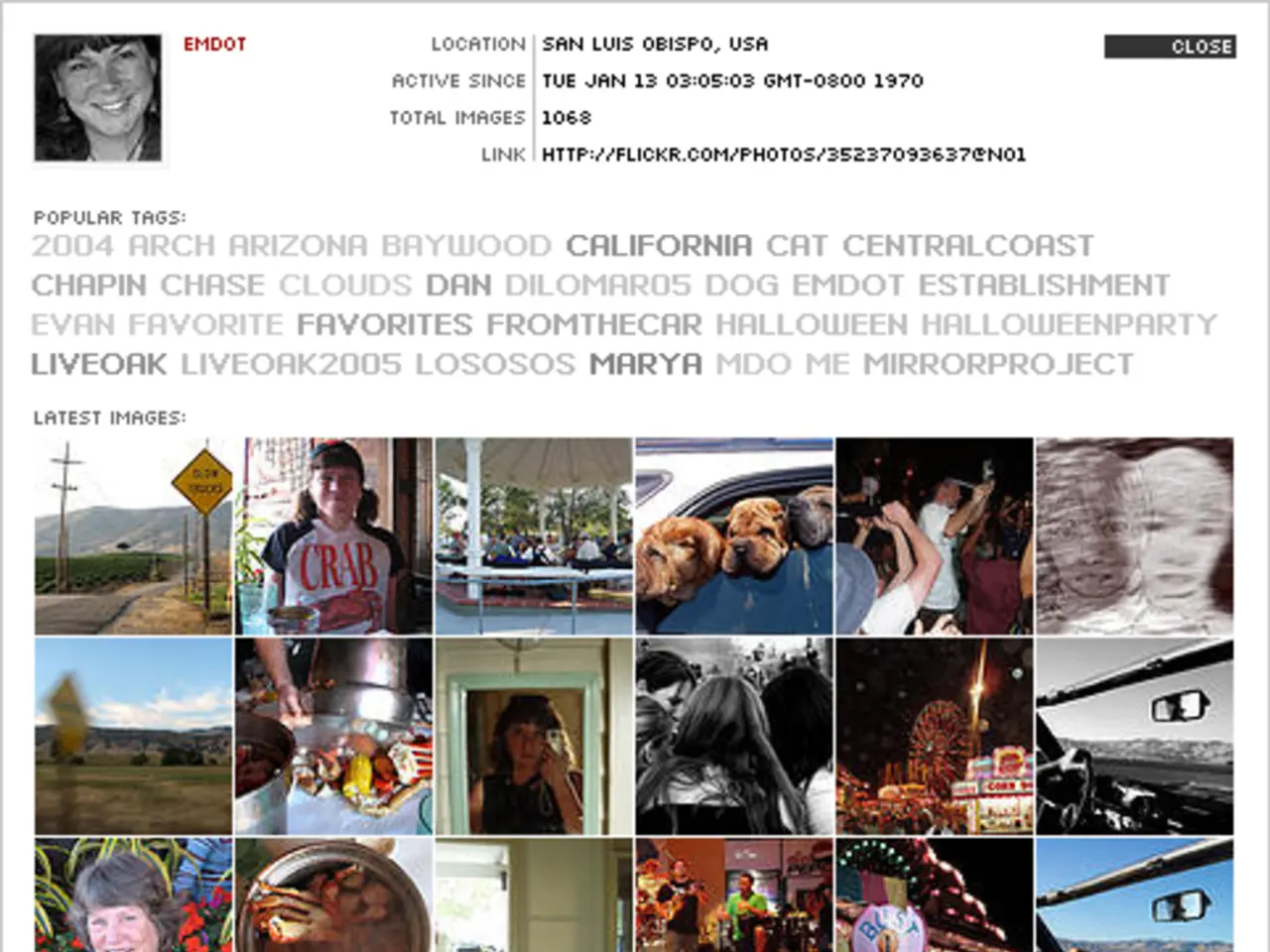Qualitative Research Advancement: A Down-to-Earth Manual for Grounded Theory Methods
Grounded theory is a qualitative research method specifically designed to inductively generate theory from data. This approach, first developed by Barney Glaser and Anselm Strauss in 1967, offers a flexible and iterative process for researchers to develop theories based on their findings.
The Glaserian and Straussian Approaches
The Glaserian and Straussian grounded theory approaches differ primarily in their philosophical underpinnings and methodological details.
The Glaserian grounded theory emphasizes an inductive, emergent process where theory naturally arises from the data without prior hypotheses or forcing preconceptions. It advocates minimal researcher imposition and suggests that researchers should remain open to discovering patterns and categories purely grounded in data.
On the other hand, Straussian grounded theory incorporates more structured and systematic coding procedures, with clearer guidelines on data analysis, and allows for more researcher involvement in the interpretation process. It emphasizes a more deliberate, stepwise coding strategy: open coding, axial coding, and selective coding, aiming to identify and relate theoretical concepts through a prescribed framework.
Key Components of Grounded Theory
| Aspect | Glaserian Grounded Theory | Straussian Grounded Theory | |------------------------|------------------------------------------|------------------------------------------------| | Philosophical stance | Emergent, inductive, less structured | More structured, systematic, interpretive | | Coding approach | Open coding with theory emerging naturally | Open, axial, and selective coding stages | | Researcher role | Passive observer, minimal preconceptions | Active interpreter, applies coding paradigms | | Theory development | Emerges directly from data | Developed through systematic connections of categories |
This distinction guides researchers in choosing either a more flexible, discovery-driven process (Glaserian) or a more analytical, structured analytical framework (Straussian).
The Grounded Theory Process
The cycle of grounded theory continues until no new insights or properties related to your categories emerge, signaling that the theory is comprehensive and well-substantiated by the data. This process is typically an iterative one, and researchers may move back and forth between steps as they collect and analyze data.
The practical steps for conducting grounded theory include planning and philosophical considerations, recruiting participants using theoretical sampling, collecting and analyzing data, and writing up the results. The researcher uses theoretical sampling to choose new participants or data sources based on the emerging findings of their study.
Data shapes the theory in grounded theory, unlike in a deductive scientific approach. The goal is to gather data that will help to further develop and refine the emerging categories and theoretical concepts. Theoretical Saturation refers to the point in a grounded theory study when collecting additional data does not yield any new theoretical insights.
The End Product of a Grounded Theory Study
The end product of a grounded theory study is an integrated and comprehensive grounded theory that explains a process or scheme associated with a phenomenon. This theory is judged on whether it produces a middle-range theory, a practical and applicable understanding of a specific part of society or a particular event, rather than attempting to explain everything in the world.
Grounded theory research is useful when existing theories are either insufficient or nonexistent for the topic at hand. It offers a clear and flexible framework for conducting a study on a new topic, particularly for beginning researchers.
Methods Used in Grounded Theory
Constant Comparative Analysis is a method used in grounded theory. It involves the systematic comparison of data points, codes, and categories as they emerge from the research process. Coding is the process of analyzing qualitative data by assigning labels (codes) to chunks of data that capture their essence or meaning. Memos are used by researchers to record their thoughts and ideas about the data, explore relationships between codes and categories, and document the development of the emerging grounded theory.
Constructivist grounded theory recognizes that knowledge is situated, partial, provisional, and socially constructed. Axial coding is the process of identifying connections between codes, grouping them together into categories to reveal relationships within the data. The different versions of grounded theory diverge in their approaches to coding, theory construction, and the use of literature.
Situational analysis incorporates postmodern perspectives and considers the role of nonhuman actors. Middle-range theories focus on a specific part of society or a particular event, and they don't try to explain everything in the world. Selective coding is the final development stage of grounded theory analysis, where a researcher focuses on developing a detailed and integrated theory by selecting a core category and connecting it to other categories developed during earlier coding stages.
In conclusion, grounded theory provides a powerful tool for researchers to generate theories from data, offering a flexible and iterative process that can be tailored to fit the needs of the researcher and the topic at hand.
- Grounded theory, designed to inductively generate theory from data, offers two main approaches: Glaserian and Straussian, each with distinct philosophical underpinnings and methodological details.
- The Glaserian approach prioritizes an inductive, emergent process where theory arises naturally from data without preconceived hypotheses, advocating for minimal researcher imposition.
- In contrast, Straussian grounded theory incorporates more structured and systematic coding procedures, with clearer guidelines on data analysis, and allows for more researcher involvement in the interpretation process.
- Key components of grounded theory include a philosophical stance (emergent or structured), coding approach (open, axial, and selective), and researcher role (passive or active).
- The iteration of grounded theory continues until no new insights or properties related to categories emerge, signifying that the theory is comprehensive and well-substantiated by the data.
- Grounded theory research can be useful when existing theories are insufficient or nonexistent for a particular topic, offering a clear and flexible framework for conducting a study on a new topic, particularly for novice researchers.
- Techniques used in grounded theory, such as Constant Comparative Analysis, Coding, Memos, Constructivist grounded theory, Situational analysis, Axial coding, and Selective coding, help in embracing the complexities and nuances of social behavior, development, and dynamics, fostering a better understanding of society, culture, relationships, mental health, education-and-self-development, and learning.




